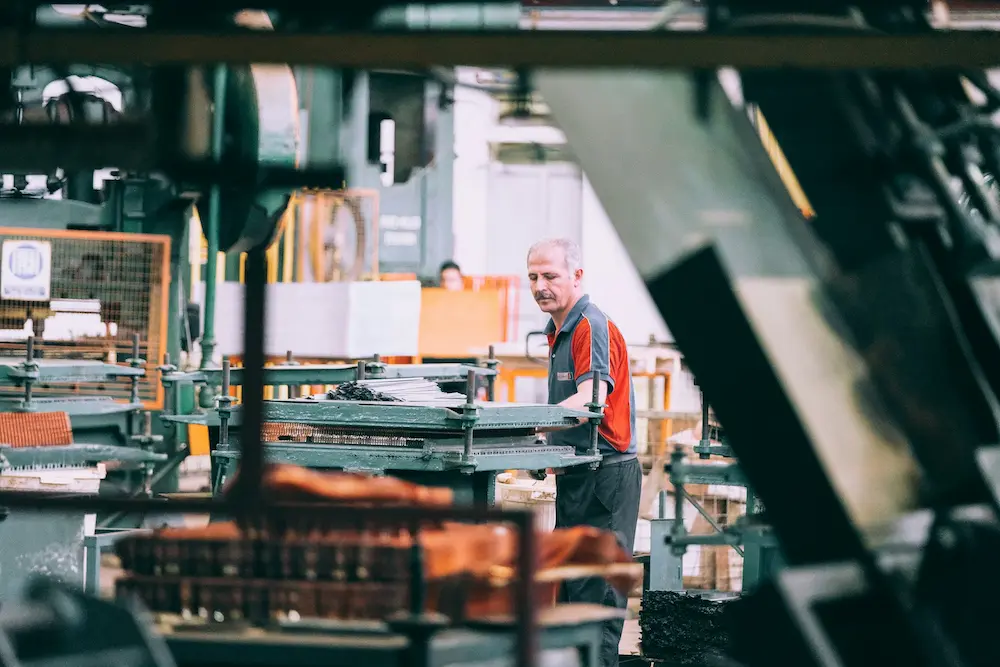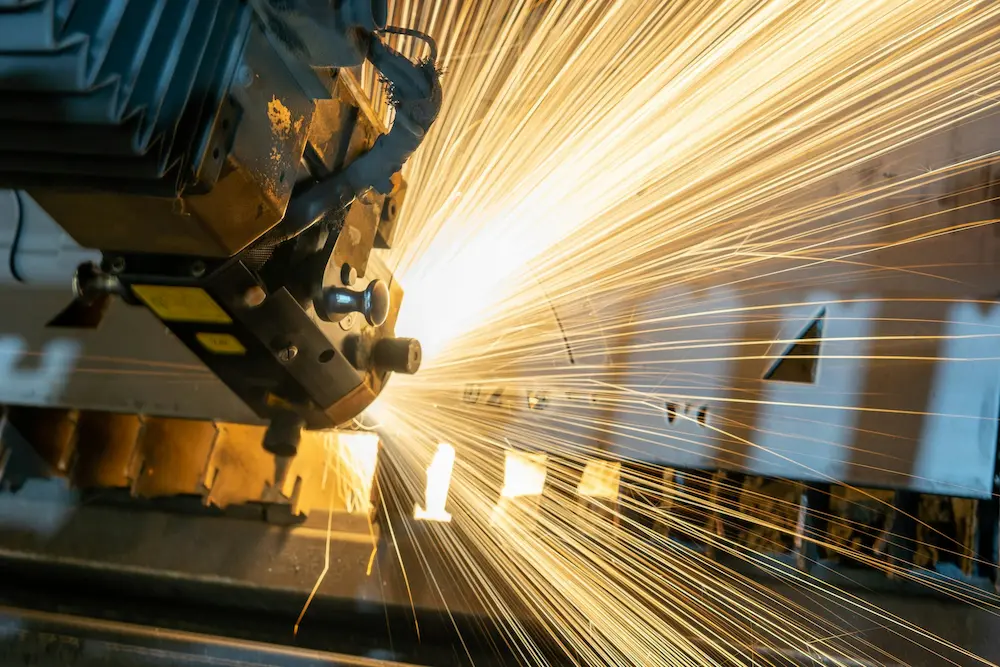Contract manufacturing has experienced significant changes due to technological advancements over the years. New tech has transformed various aspects from design and development to production and, of course, quality control. Advanced digital tools now enable more efficient collaboration between these manufacturers and their clients, ensuring specifications are met to exact standards and leaving all clients happy with the final results. This post will cover a few of the more pertinent ways in which it has changed and how it benefits all involved.
Increased Efficiency Throughout The Entire Supply Chain
By utilizing the plethora of technology that has become more prevalent over the past couple of decades, such as 3D modeling and product lifecycle management systems, engineers and designers can virtually prototype products with manufacturers before even a single component is produced. This level of integration between design and manufacturing streamlines processes and slashes development times enormously. Moreover, according to one manufacturer, AMC, over on their website at https://www.amsc-usa.com/, by controlling all aspects of the supply chain, these organizations are able to combine fantastic service with reduced pricing…a win-win. By embracing new technologies, contract manufacturing, and the entire extended supply chain have gained unprecedented levels of integration, flexibility, and visibility. This digital transformation is allowing businesses to deliver products to market faster while reducing costs throughout their global operations.
Improved Quality Control And Precision
Quality control is crucial to any manufacturing plant, but with the level of precision required for creating items from scratch, far too many fail in this area. A failure to meet client expectations can be devastating for any size manufacturer since it can sully their reputation and cause low morale when management confronts those on the shop floor. Fortunately, precision is a prime area where technology has really enabled businesses to up their game and improve the quality of the products they create. As quality control becomes more data-driven and manufacturing more customized to individual cases, contract manufacturers are cementing their role as strategic partners rather than just order-takers. By leveraging new technologies, they can meet rising quality standards while maintaining maximum efficiency and flexibility to respond to customers’ changing needs. The name of the game is now delivering fully traceable, ultra-precise manufacturing at scale.
Real-Time Tracking And Monitoring Capabilities
New automated optical inspection (AOI) machines can scan components at tremendous speeds, using machine vision to detect even the smallest defects or non-conformities. This allows manufacturers to verify quality with 100% inspection rates rather than relying on sampling. Data from AOI is also integrated with tracking systems, giving unprecedented visibility into each step of the production process. Moreover, sensors embedded in the machinery used to produce items continually transmit performance metrics. Production supervisors can monitor equipment status from any location, recognizing potential issues before downtime occurs. These early warning signs help maximize uptime and allow them to meet even the strictest deadlines. These technologies can spot inefficiencies and bottlenecks, fine-tune processes, and track shipments all the way to the end customer. As manufacturing becomes more complex globally, these digital capabilities are strengthening partnerships by fostering unprecedented transparency, accountability, and opportunity that help them scale and meet increasing demand more effectively.

Faster Production And Turnaround Times
Automated assembly lines now incorporate robots capable of performing tasks that are too complex, delicate, or hazardous for humans. Robotic arms equipped with vision systems can pick precise components and fuse them together at lightning speeds. Software also plays an increasingly important role in speeding manufacturing. Digital process maps guide assembly robots, while predictive algorithms help manufacturers anticipate maintenance needs to prevent downtime. Computer simulations even allow engineers to “test drive” new production lines digitally before building physical infrastructure (also sometimes referred to as digital twins).
Reduction In Human Error And Waste
By automating repetitive tasks and implementing predictive analytics, new technologies are helping contract manufacturers significantly reduce human error and waste in production. Robots have taken over functions like handling heavy components, working in hazardous environments, and performing micro-assembly of electronics, such as activities where mistakes were common. Advanced quality management systems also minimize defects with predictive failure analysis. By monitoring patterns in real-time production data, these systems can pinpoint where issues are likely to emerge based on variances in machine operation, material characteristics, and more. Pre-emptive maintenance or process adjustments can then be scheduled to prevent defects and unnecessary rework. Finally, digital inventory systems pair parts to specific orders throughout manufacturing, virtually eliminating the possibility of using incorrect components. Blockchain technology now further enhances traceability, making it difficult to substitute counterfeit goods.
Technology is constantly developing, and the average consumer will see this in terms of the latest consumer products, where it really shows its use in industries like manufacturing. By using a suite of options, these businesses can create almost anything at scale, on time, and within budget, and this results in a high satisfaction rate.









